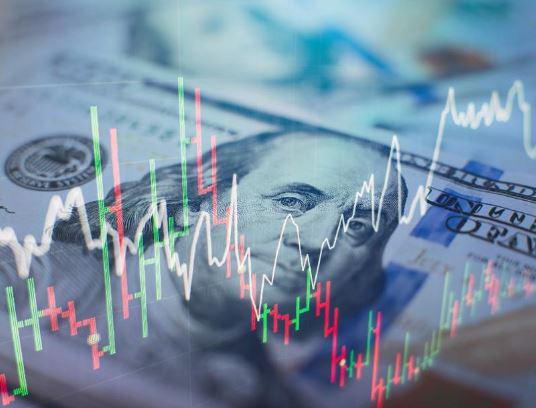
The COVID-19 outbreak has affected us all in some way at this point. If you’re lucky enough to be bored but employed, you might be wondering whether it’s an opportune time to put money in the stock market or wise to keep up with your regularly scheduled contributions to a non-retirement investment account (also known as a brokerage account).
With the S&P 500 down nearly 31%—this month—the market has the attention of bargain-hunters and regular investors alike wondering whether the coronavirus is an investment opportunity or cautionary tale.
Whether it’s March 2020 or back to the blissful pre-quarantine era, the answer to the ‘should I invest’ question will essentially depend on the same set of facts.
If you don’t have any extra savings lying around, then you probably don’t need to worry about investing some. Borrowing from your short-term goals to take advantage of a perceived investment opportunity probably isn’t the most prudent decision, particularly in volatile markets.
Yes, years. Putting cash in the stock market in hopes of turning a super-quick profit isn’t investing—it’s gambling. And if you need the money to pay your (now delayed) tax bill, college tuition, or to cover immediate expenses if you suddenly lost your job, to say it would be reckless is an understatement.
In normal pre-virus circumstances, the general rule of thumb is one-income households should keep six to nine months of essential expenses (food, mortgage, etc.) in cash while dual-income homes need about half that.
While the traditional guidance still applies, individuals most at-risk financially may want to take a more conservative approach. This situation is very fluid, and the sad reality is that many Americans who are currently working will lose their job, making it even more important to assess your financial resources before investing. Time in the market can bring investors a lot of upside, but that doesn’t always outweigh the stability of cash during hard times.
As a financial advisor, a big part of my role is to help people invest for their future, but when you have extra cash, the decision isn’t binary. You can only spend a dollar once, so it’s important you evaluate all the ways that dollar could be used to provide you with the maximum benefit on a risk-adjusted basis.
If you have high-cost debt, it might make more sense to use the money to pay down debt or refinance instead. People with significant student loan debt may want to consider putting extra cash towards the principal. Alternatively, borrowers with a high interest rate may benefit from refinancing their loans, which often means a shorter repayment period and higher monthly payment. Among other considerations, federal borrowers may want to take advantage of the recent announcement that interest on federal student loans will be waived for 60 days.
Refinancing your mortgage can offer big savings for some homeowners—whether a lower monthly payment or savings on interest over the life of the loan. Unlike student loans, refinancing a mortgage isn’t free: closing costs are typically between .75% and 1% of the loan.
Paying down debt isn’t always the right answer, particularly if the loan is relatively cheap. For example, if the interest rate on your mortgage is 3.5%, it might be a mistake to pay it off early. If you’re a long-term investor, that’s your hurdle rate: do you expect to earn more than 3.5% in the stock market on an annualized basis? Some years (like 2020 so far) you’ll do FAR worse, but other years (like the now-distant 2019) gains could be near 30%.
In volatile markets, some investors with cash to put to work wait for clear signs of one of two things: the bottom or the recovery. Unfortunately, it doesn’t work that way. No one knows where the bottom will be and the only way to know when the recovery begins is after it happens, when we can look back and identify the moment things finally began to turn around.
Your personal circumstances dictate when it’s a good time to invest, not the current conditions in the financial markets. In fact, even if you bought at some of the pre-financial crisis highs, you’d be better off staying invested than if you sold before the bottom and got back in during the recovery.
Here’s the good news: things eventually will get better and if you have money to invest and time to let it go, you don’t need to predict the bottom to come out on top. While investing through a recession may seem counterintuitive, it’s about time in the market—not timing the market.